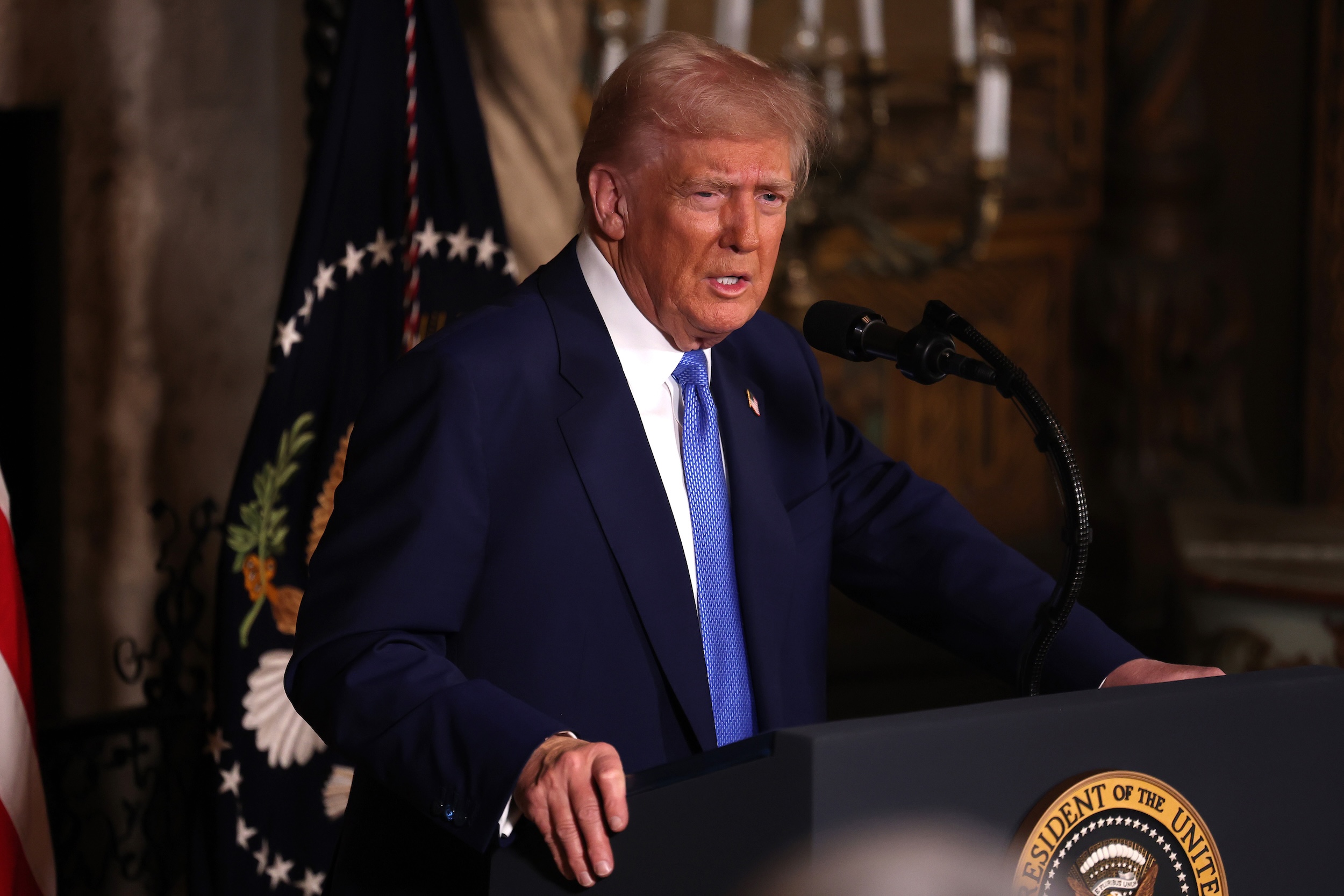Trump's IVF Push: A Political Move or Real Support for Reproductive Rights?

For years, in vitro fertilization (IVF) has provided a lifeline for countless couples struggling with infertility. It's a complex and often emotionally taxing process, but it has enabled millions of individuals and families to experience the joy of parenthood. Now, President Trump's administration is poised to release an executive order aimed at expanding access to these vital fertility treatments, a move that has sparked both enthusiasm and skepticism.
On the surface, the initiative appears to be a positive step. Increased access to IVF could alleviate financial burdens and bureaucratic hurdles for families seeking to conceive. However, a closer examination reveals a more nuanced picture. The executive order is expected to focus on streamlining regulations and ensuring that IVF clinics adhere to certain standards. While these measures are undoubtedly important, they don't address the fundamental issues that limit access to reproductive healthcare for many Americans.
One of the primary obstacles is cost. IVF treatments can be incredibly expensive, often costing upwards of $20,000 per cycle, and many insurance plans don't cover them. This financial barrier disproportionately affects lower-income families, creating a significant disparity in access to fertility treatments. While the executive order may introduce some cost-saving measures, it's unlikely to eliminate this barrier entirely.
Furthermore, the legal and ethical landscape surrounding IVF remains complex. Questions about the disposal of unused embryos, the rights of donors, and the potential for genetic screening raise sensitive moral and legal dilemmas. While the executive order aims to provide clarity on some of these issues, it's unlikely to resolve all of them. The recent Supreme Court decision regarding IVF access in Alabama highlighted the urgent need for federal legislation to provide consistent protections and guidelines across states.
Critics argue that Trump's initiative is primarily a political maneuver designed to appeal to socially conservative voters ahead of the 2024 election. They point to the administration's broader policies on reproductive health, which have often been restrictive, as evidence that this is not a genuine commitment to supporting reproductive rights. Indeed, the timing of the announcement, just months before the election, raises questions about the true motivations behind the initiative.
Ultimately, while expanded access to IVF is a worthy goal, it's crucial to recognize that it's just one piece of the puzzle when it comes to reproductive healthcare. A comprehensive approach requires addressing the underlying issues of cost, access, and legal protections for all individuals and families seeking to build their families. It requires a broader commitment to reproductive freedom, not just a targeted effort to expand access to one specific treatment. The focus should shift to ensuring equitable access to a full range of reproductive health services, including contraception, prenatal care, and safe abortion options.
The success of this initiative will depend on whether it’s accompanied by meaningful legislative action and a genuine commitment to addressing the systemic barriers that prevent so many Americans from accessing the reproductive care they need. Without such a comprehensive approach, Trump’s IVF push risks being little more than a fleeting political gesture.






:max_bytes(150000):strip_icc()/VWH-GettyImages-1085928256-dc54b727b8c346a2a39655d86706f390.jpg)